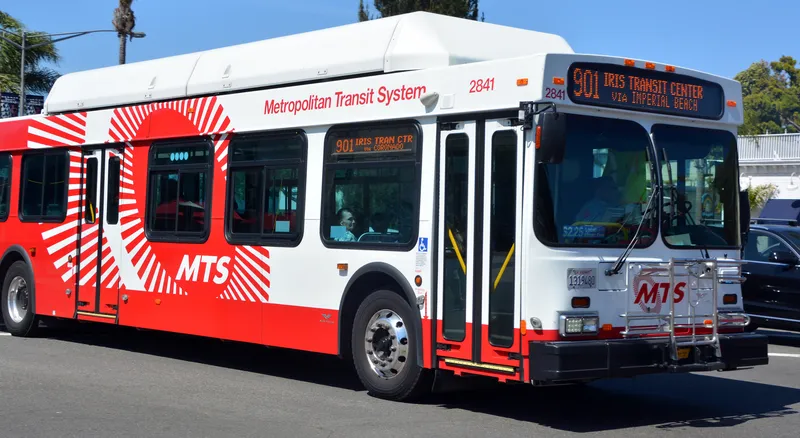Swedish smart card solutions specialist Arcontia International, a subsidiary of Lecip, Japan, is to provide an automated smart card-based fare collection system for the Transit Authority of River City (TARC) of Louisville, Kentucky, in a contract worth more than US$4.9 million.
The system, based on Lecip’s fare box system and Arcontia’s contactless smart card technology, will be installed on TARC buses operating in five counties in Kentucky and southern Indiana, providing transport to more than 15 millio
September 27, 2013
Read time: 2 mins
Swedish smart card solutions specialist 760 Arcontia International, a subsidiary of 6803 LECIP, Japan, is to provide an automated smart card-based fare collection system for the 7027 Transit Authority of River City (TARC) of Louisville, Kentucky, in a contract worth more than US$4.9 million.
The system, based on Lecip’s fare box system and Arcontia’s contactless smart card technology, will be installed on TARC buses operating in five counties in Kentucky and southern Indiana, providing transport to more than 15 million people annually.
The fare boxes are integrated with smart card readers and will accept cash, magnetic stripe cards and Arcontia Mifare contactless travel cards. Arcontia card readers are fully compliant with the Mifare family of smart cards, as well as supporting Smart MX and Calypso. The readers support the latest Mifare AV1 and Mifare AV2 SAMs and come with a comprehensive software development kit for quick and easy development and integration. The automatic fare collection system will also include a robust smart card back office processing system.
"The winning of TARC’s contract has proven Lecip’s commitment to the North America transit industry. Our strategy is to offer a fully integrated AFC solution that is user-friendly and easy to maintain using proven technology," says Chung Chung Tam, president and COO, Lecip.
“We are extremely pleased with winning this contract with LECIP, confirming once again the success of our joint AFC solution that combines proven technology and expertise from both companies, as well as paving way for continuous growth in the North American transit market,” says Olaf Henrixon, COO, Arcontia.
The system, based on Lecip’s fare box system and Arcontia’s contactless smart card technology, will be installed on TARC buses operating in five counties in Kentucky and southern Indiana, providing transport to more than 15 million people annually.
The fare boxes are integrated with smart card readers and will accept cash, magnetic stripe cards and Arcontia Mifare contactless travel cards. Arcontia card readers are fully compliant with the Mifare family of smart cards, as well as supporting Smart MX and Calypso. The readers support the latest Mifare AV1 and Mifare AV2 SAMs and come with a comprehensive software development kit for quick and easy development and integration. The automatic fare collection system will also include a robust smart card back office processing system.
"The winning of TARC’s contract has proven Lecip’s commitment to the North America transit industry. Our strategy is to offer a fully integrated AFC solution that is user-friendly and easy to maintain using proven technology," says Chung Chung Tam, president and COO, Lecip.
“We are extremely pleased with winning this contract with LECIP, confirming once again the success of our joint AFC solution that combines proven technology and expertise from both companies, as well as paving way for continuous growth in the North American transit market,” says Olaf Henrixon, COO, Arcontia.







